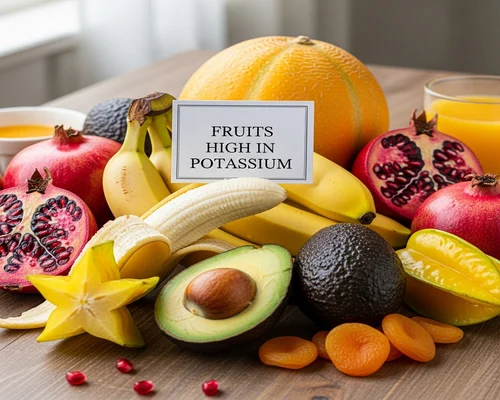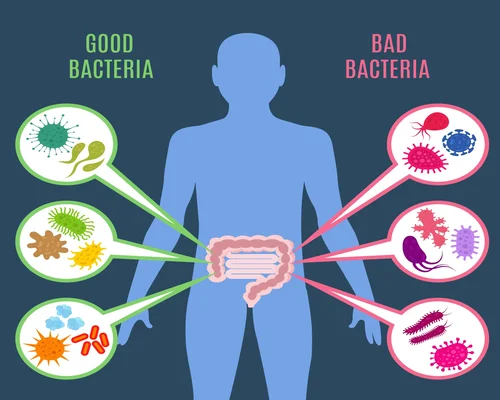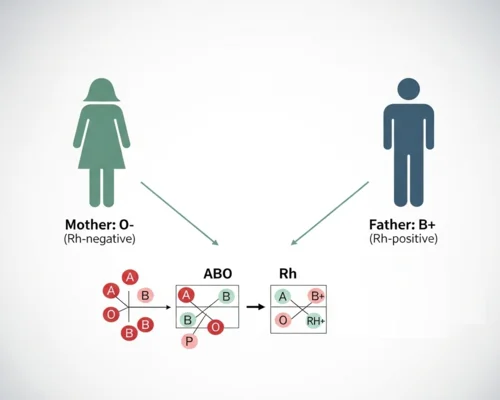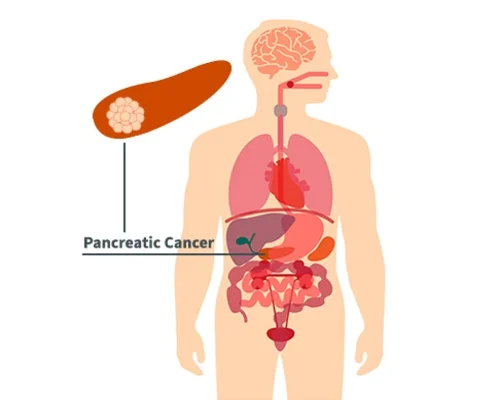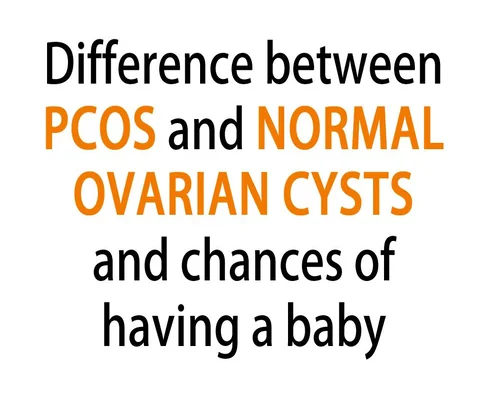
What is the difference between Amish and Protein?
What is the difference between Amish and Protein?
Amish and protein are basically the same thing. The word protein in English is known as Amish in Bengali. It is an essential nutrient that plays an important role in the structure and performance of our body. In simple terms, Amish or protein is a type of organic molecule that is made up of amino acids and helps in the formation and repair of cells and tissues in our body.
To put it more simply:
Protein:
This is an English word known as Amish in Bengali.
Amish/Protein:
This is the Bengali synonym for protein.
Therefore, in the context of food and nutrition, the two words "Amish" and "Protein" are used as synonyms for each other.
What is the difference between Amish and Protein? Amish and Protein – These two words may often seem synonymous with each other in the use of Bengali and English languages, but there are some differences between them in terms of linguistic and usage. The differences are highlighted below:
1. Word Types and Usage:
Meat
Language: Bengali
Usage: More commonly used in everyday speech
Example: "Meat is necessary to eat", "Meat food"
Protein
Language: English
Usage: More commonly used in scientific and nutritional discussions
Example: "Protein intake is important", "This food contains high protein"
2. Semantic differences:
Meat
Meaning: A class of food ingredients that help build the body; generally used to refer to foods of animal origin
Coverage: Meat is often used to refer not only to protein, but also to protein-rich foods such as meat, eggs, fish, etc.
Protein
Meaning: A chemically defined type of organic compound that is composed of amino acids; plays a major role in the formation of cells and tissues
Coverage: Protein is a specific chemical compound
3. Source / Example:
Meat (food)
Fish, meat, eggs, milk, etc.
Protein (substance)
Composed of amino acids; Example: Hemoglobin, Insulin etc.
In short:
Meat = Protein-rich food or protein-like material (in Bengali)
Protein = A chemically defined type of nutrient that is needed for cell formation




-vegetable.webp)



